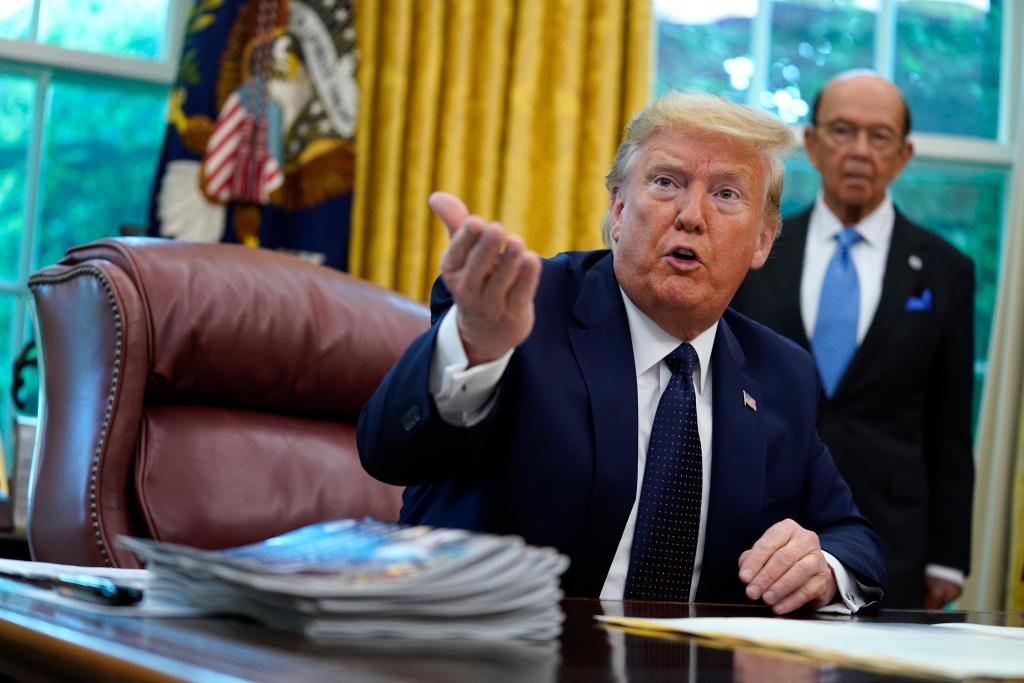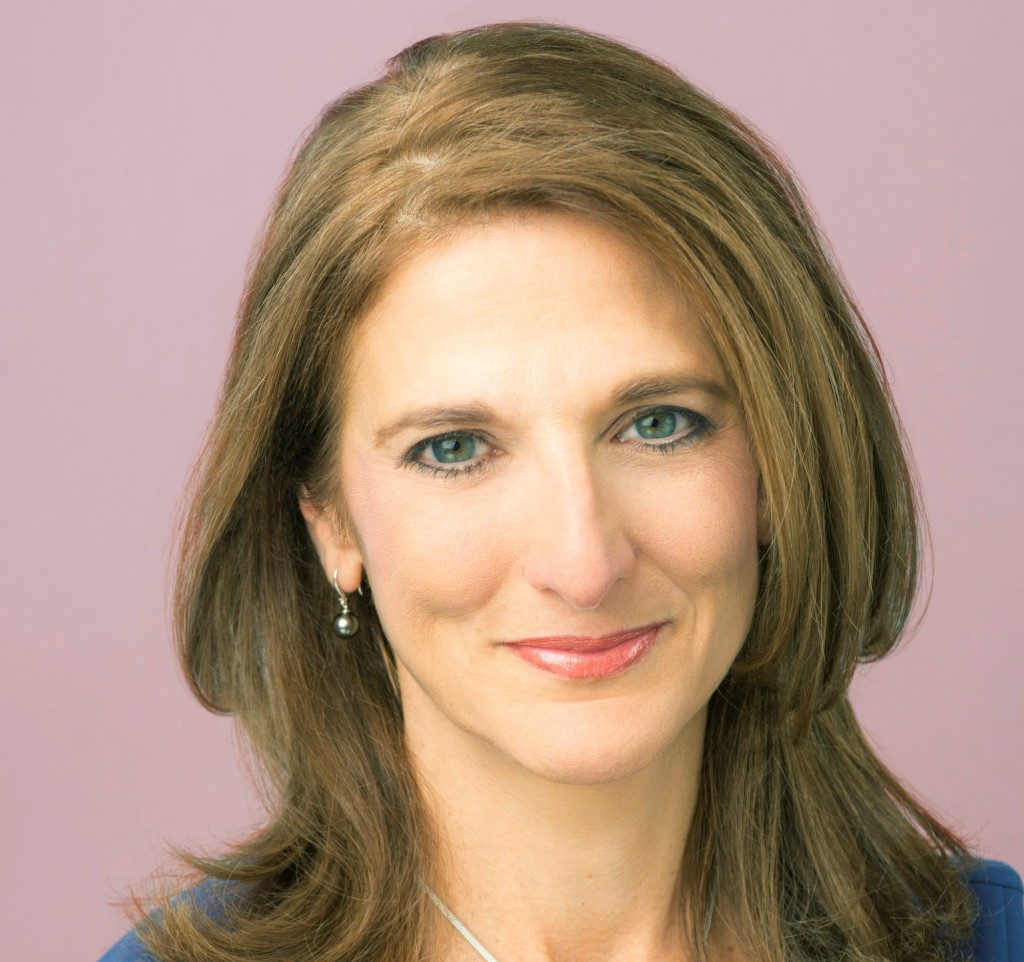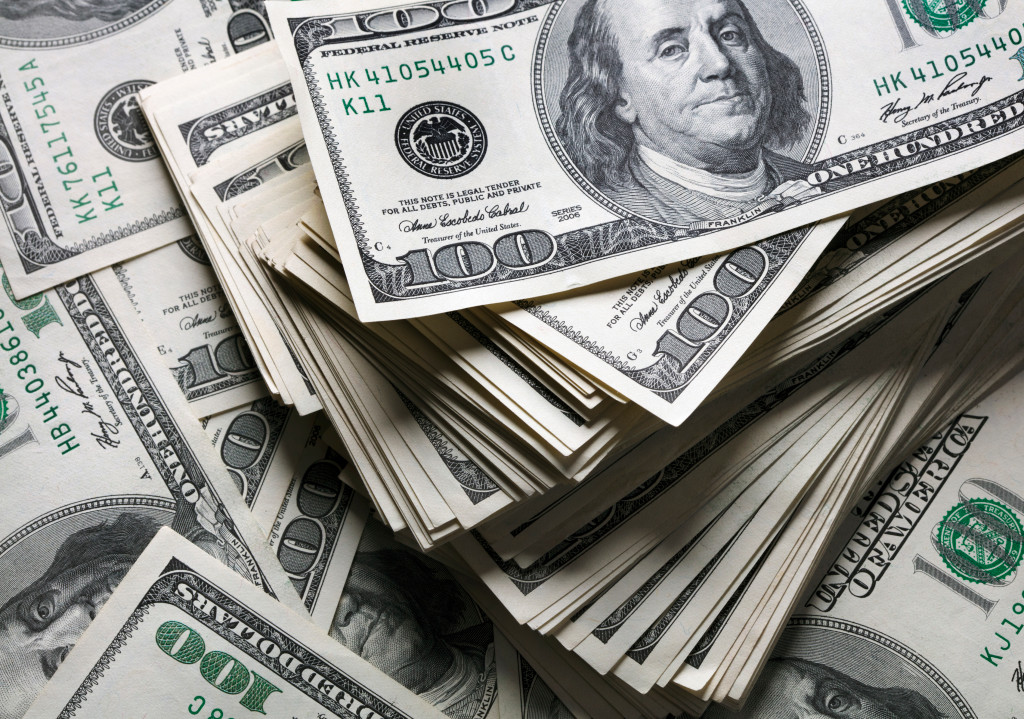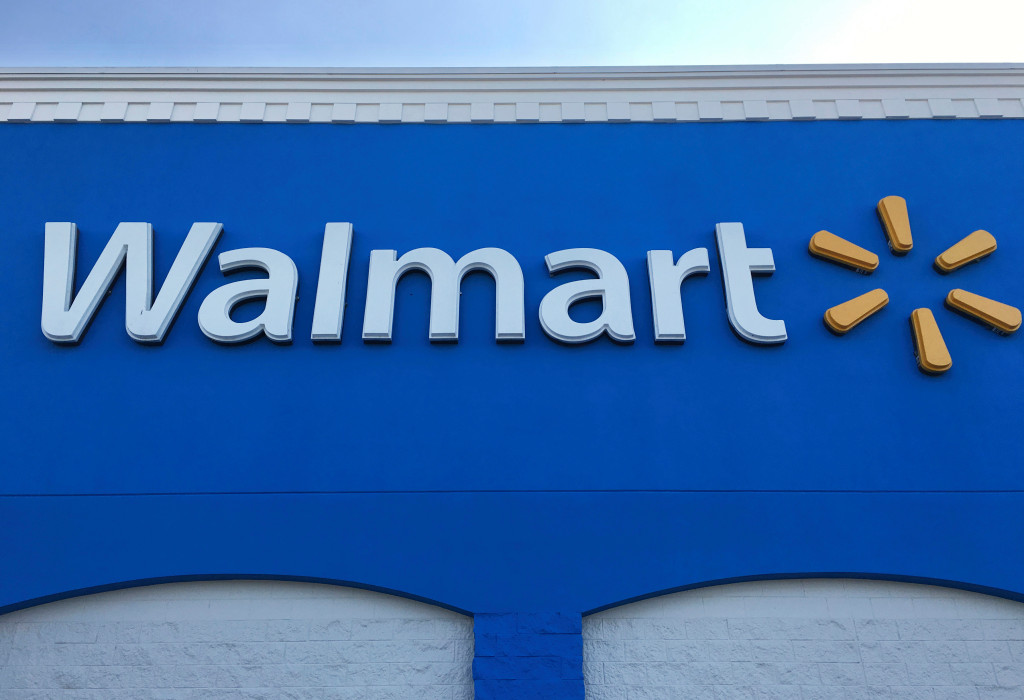President Donald Trump is expected to suspend H-1B visas for highly skilled workers, among others, until the end of the year, with an order anticipated as soon today, according to NPR.
The order, which would not affect anyone already in the country, could have a significant impact on Bay Area technology companies and IT staffing firms that have long relied on the visas to meet what company advocates say is a critical skilled worker shortage.
But the visa has long been controversial, with some tech workers and groups that push for limits on immigration decrying it as a way for tech companies to bring in lower-paid workers to undercut U.S.-based employees.
The announcement comes on the heels of a defeat in the Supreme Court of the Trump Administration’s efforts to end the DACA program, which provides protection from deportation and work permits for immigrants who arrived to the U.S. as children without documentation. Earlier this year the administration also temporarily halted the issuance of new green cards. The order would also come just weeks after the federal government announced it would resume premium processing of H-1B visas in June.
According to NPR, the executive order over the visas, which also affects J-1 visas for scholars, professors and others, as well as H-2B visas for seasonal workers, is still being negotiated. Among the points of contention is whether au pairs — live-in foreign caretakers — will be included, the news organization reported.
The order also includes exemptions for travel, to be approved by the U.S. State Department on a case-by-case basis, and does not apply to H-2A agricultural workers, NPR reported.
Long seen as tech’s favorite visa, it is used every year to bring thousands of high-skilled workers to Silicon Valley. The visas have to be sponsored by an employer in the U.S. and can cost thousands of dollars in attorney and filing fees. They last for three years and can be extended for up to six years.
So far in 2020, Facebook has been approved for 666 new and extended visas for its Menlo Park office and Google has been approved for 824 new and extended visas for its Mountain View offices, according to data from U.S. Citizenship and Immigration Services. Tech giant Apple was approved for 670 new and extended visas for its Cupertino offices, and electric car manufacturer Tesla received 186 new and extended visas for its offices in Palo Alto and its Fremont factory.
The visas are also popular at universities — Stanford University was approved for 94 visas this year and the University of California, Berkeley for 39.










